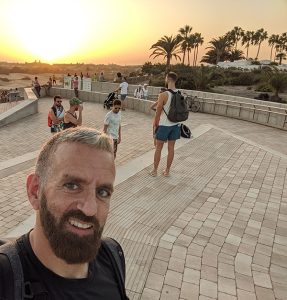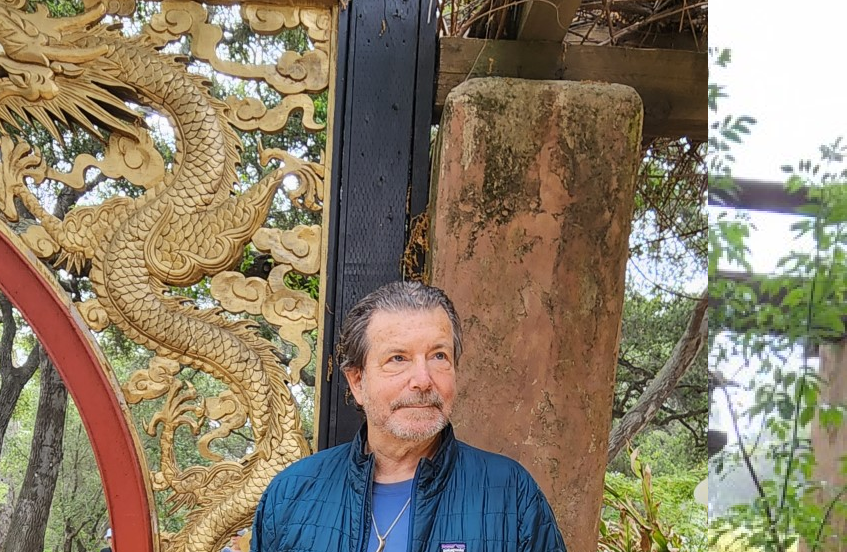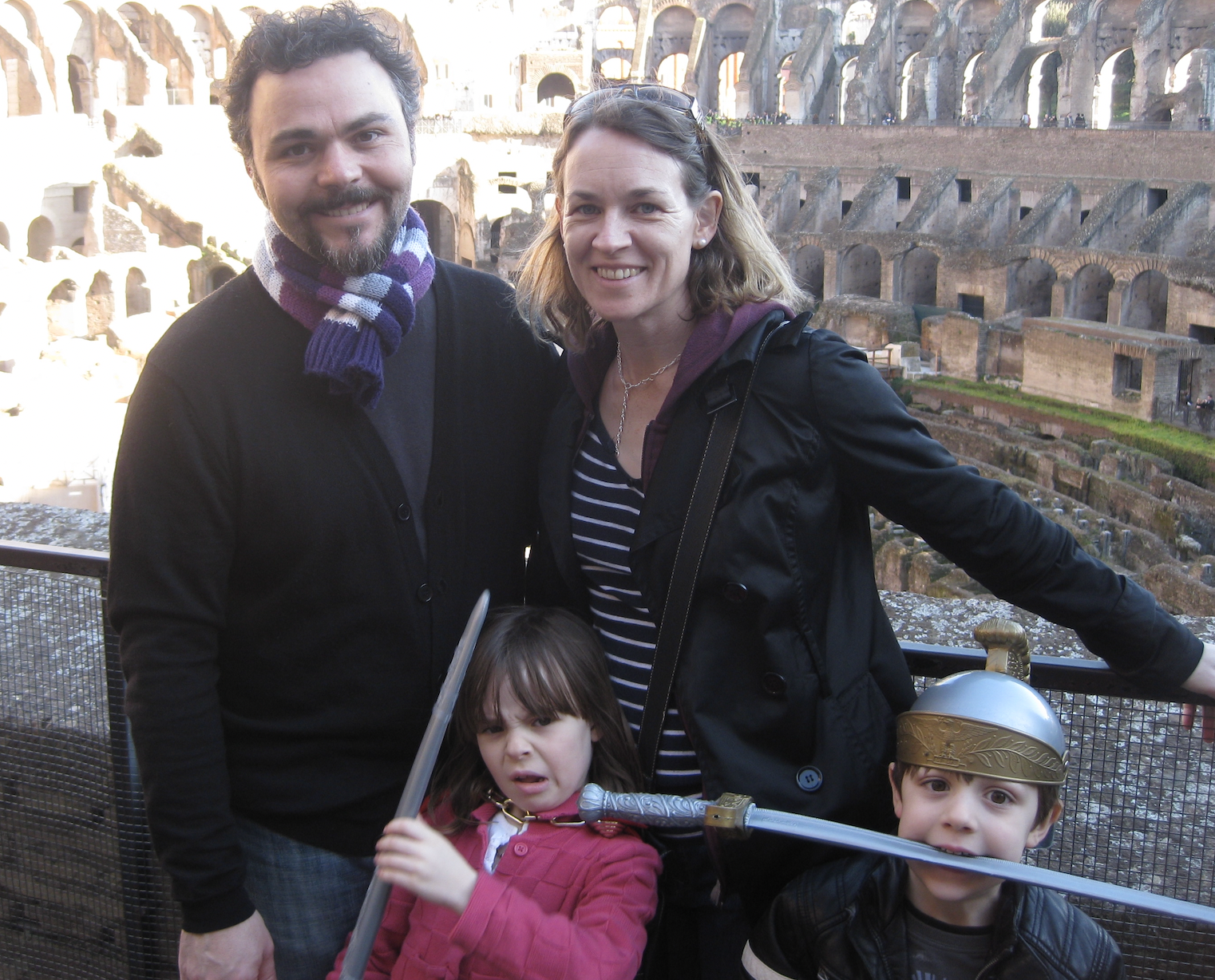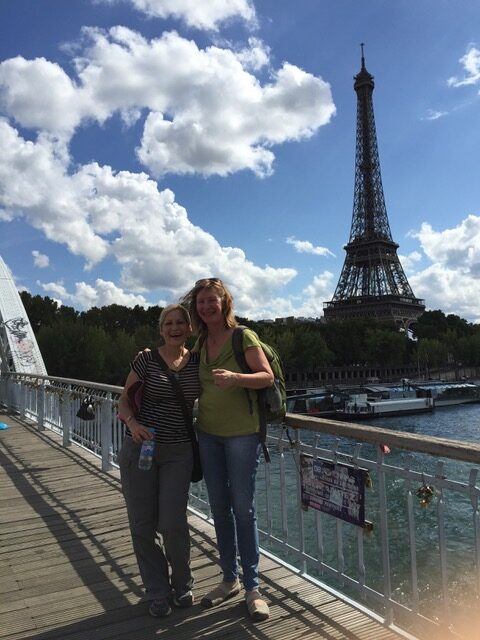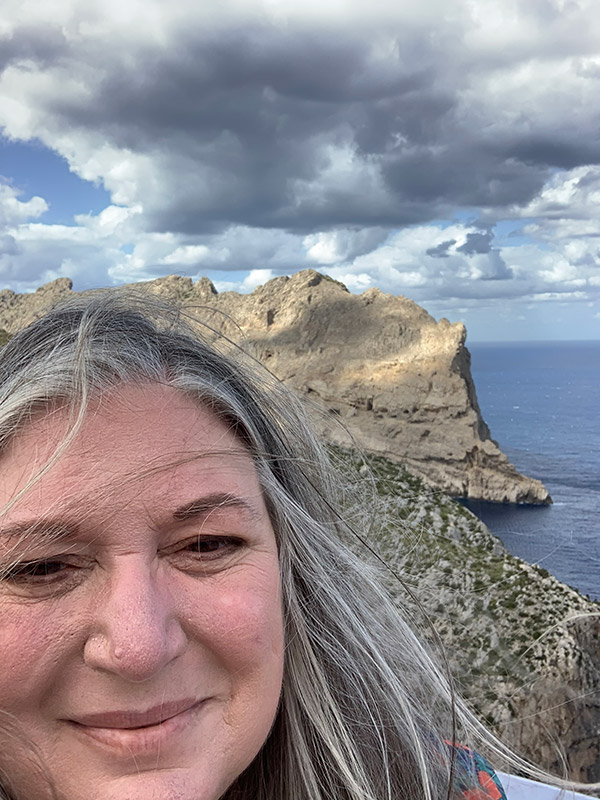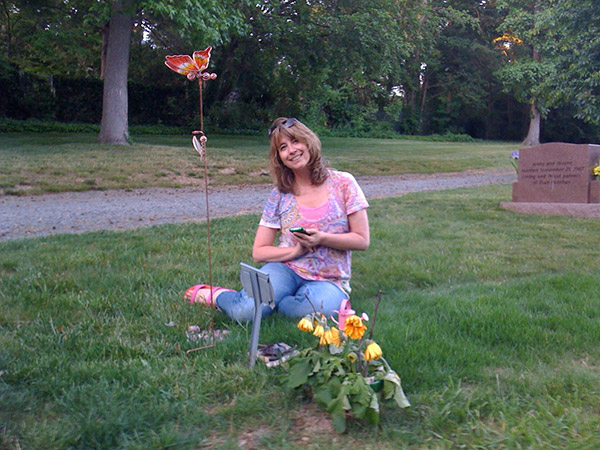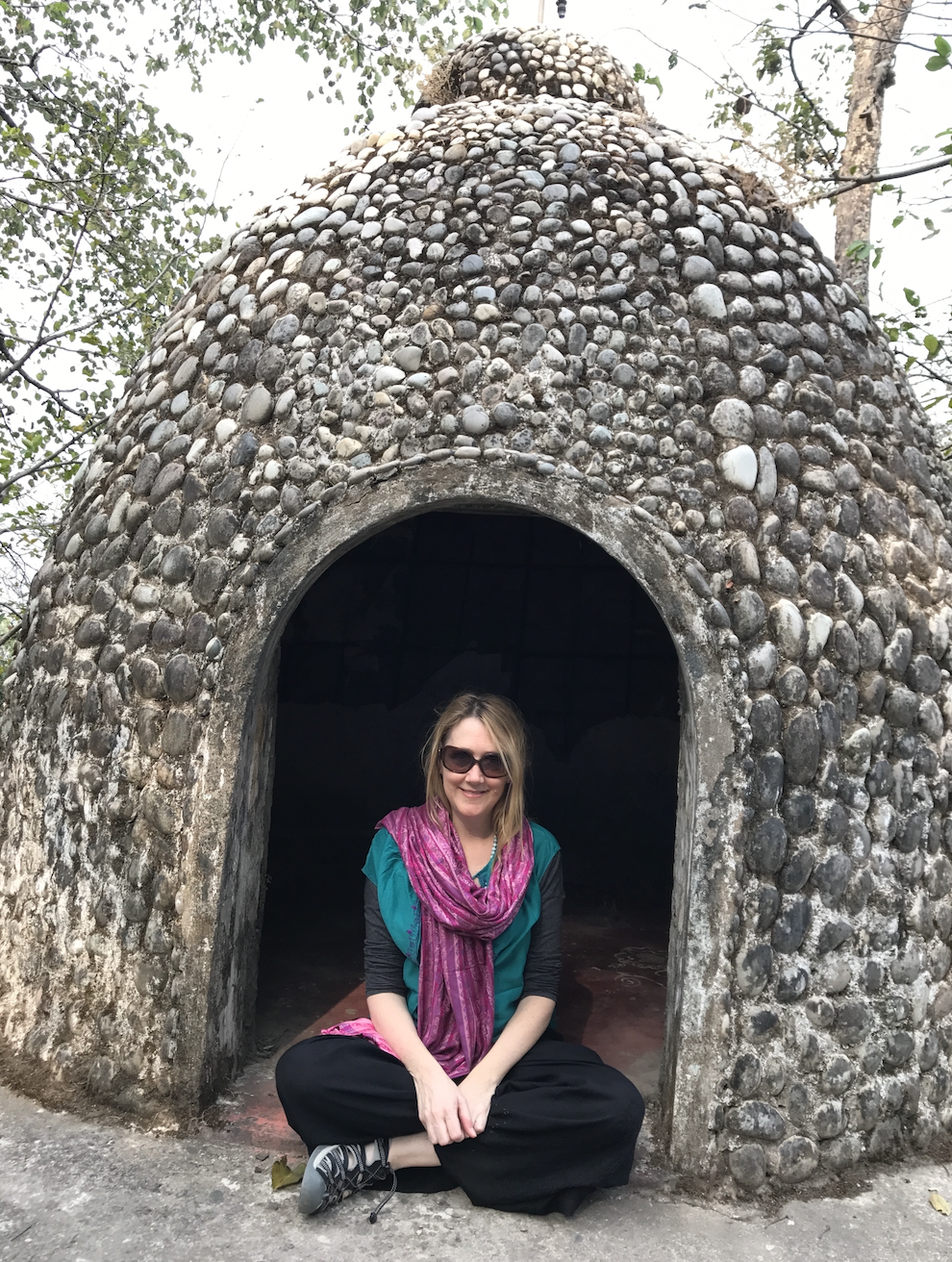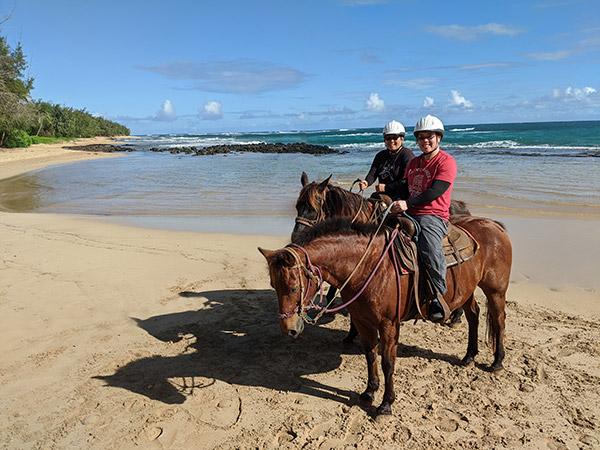Separated by a Common Language
We do quite a bit of cross-cultural work here at Wordsmithie, especially with the UK. As George Bernard Shaw rightly observed, “England and America are two countries separated by a common language.” The same is true—perhaps even more so—for Australia, New Zealand and English-speaking Canada and India. It’s always wise to keep our many linguistic differences in mind when writing for those audiences.
I came across an example of the UK-US divide recently while working with the Anglo-American Baseball Project (AABP), a nonprofit organization that my wife and I founded in 2015, based on one of my books. (Wordsmithie asked me to mention the AABP here, which I gladly do, with thanks.) We’re planning to recreate an athletic contest during World War One exactly 100 years later. Our problem early on was what exactly to call it.
Yanks in WWI naturally said baseball game . British newspapers of the day almost invariably called the event a baseball match. We didn’t know which phrase to use in communications aimed at both countries—so we asked. Somewhat to our surprise, the clear favorite among our followers on social media was baseball match. This was true even for Americans, who seemed to like the novel phrasing.
Such differences are everywhere. What British fans call football we call soccer. What we call a field they call the pitch. The player we call the pitcher in baseball sometimes becomes the bowler in the UK (from cricket). Such differences certainly aren’t unique to sports, of course. While talking to a British marketer recently, I asked about his company’s presence in malls. He corrected me. Over there they say shopping centers, the term we originally used in the US long before the first mall ever appeared here.
You may notice variations even within one country. British books, for instance, often use single quotation marks, while many newspapers use the double quotation marks familiar to Americans. Wordsmithie generally uses the double marks, although we do employ single marks if that’s what the client prefers. Style and tone may differ as well. Australian English is at least as casual as American English. Indian English, in contrast, is much more formal and likely to employ a passive voice. American copywriters tend to use an active, energetic voice, which needs toning down a bit for an Indian audience.
It’s important to understand differences like these. If you don’t have the time to take an informal poll or consult a friend or colleague from the region, check local the online newspapers. They will accurately reflect the language, grammar and punctuation of the country. Also rely on your client for guidance or correction … but don’t hesitate to recommend certain phrasing or wording. At its best, copywriting across borders is a collaborative process.
























